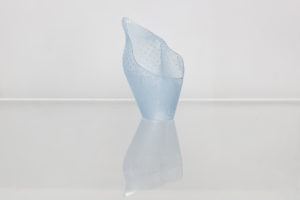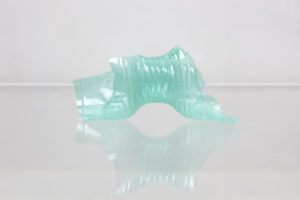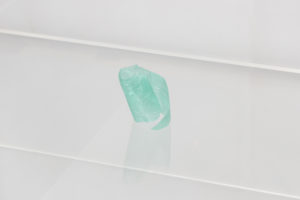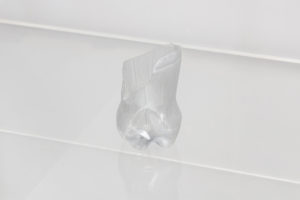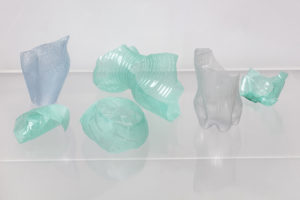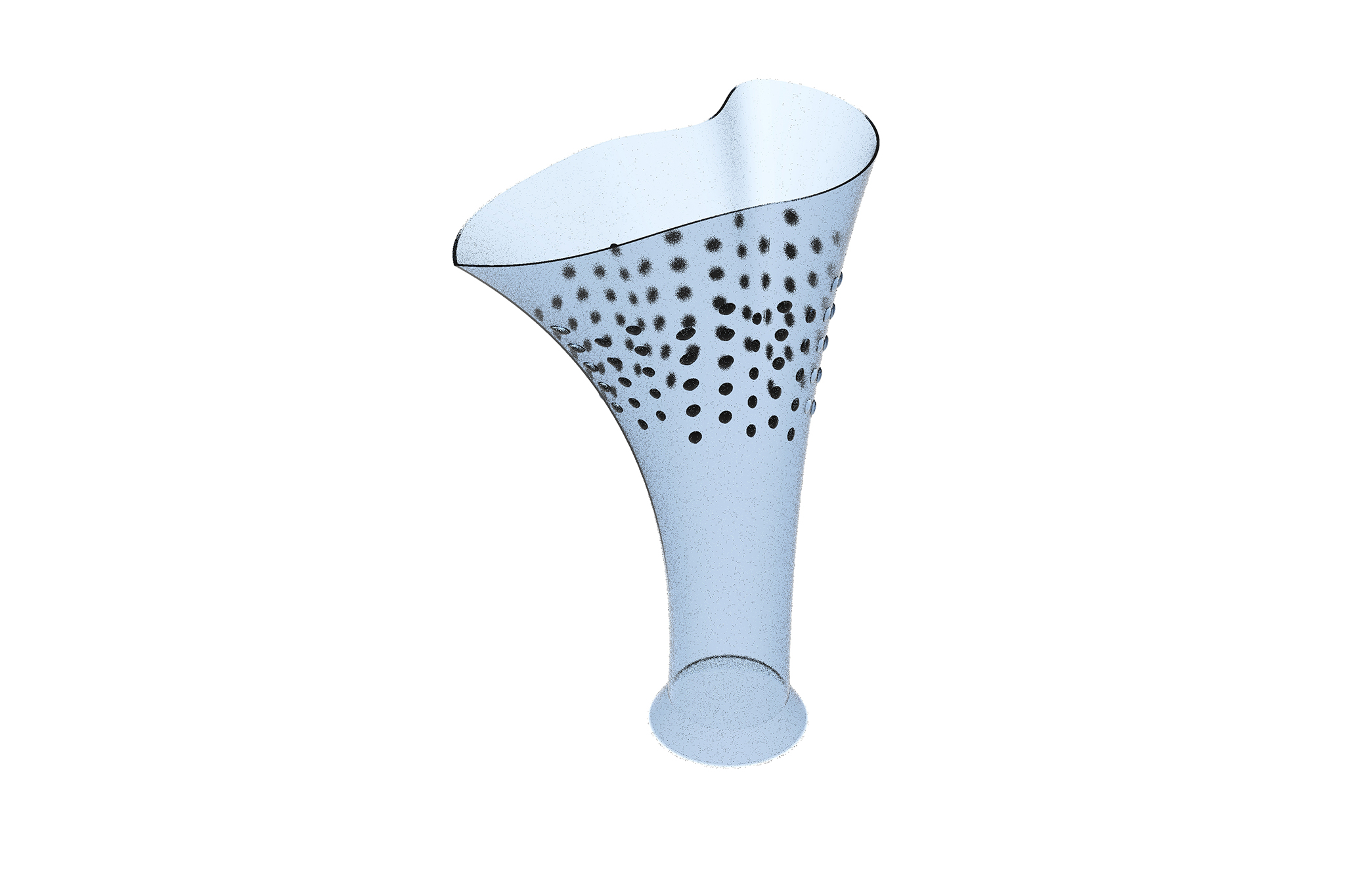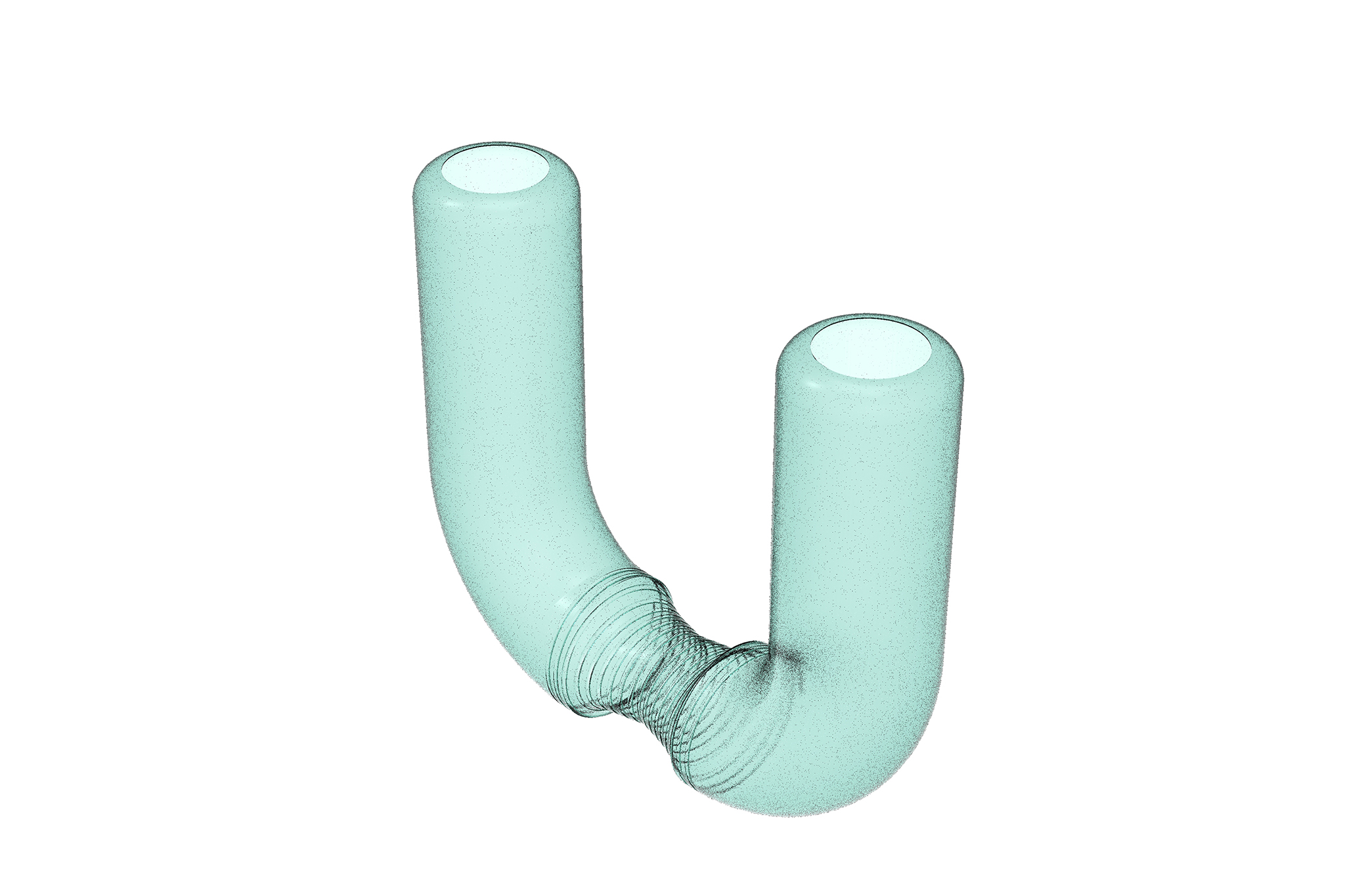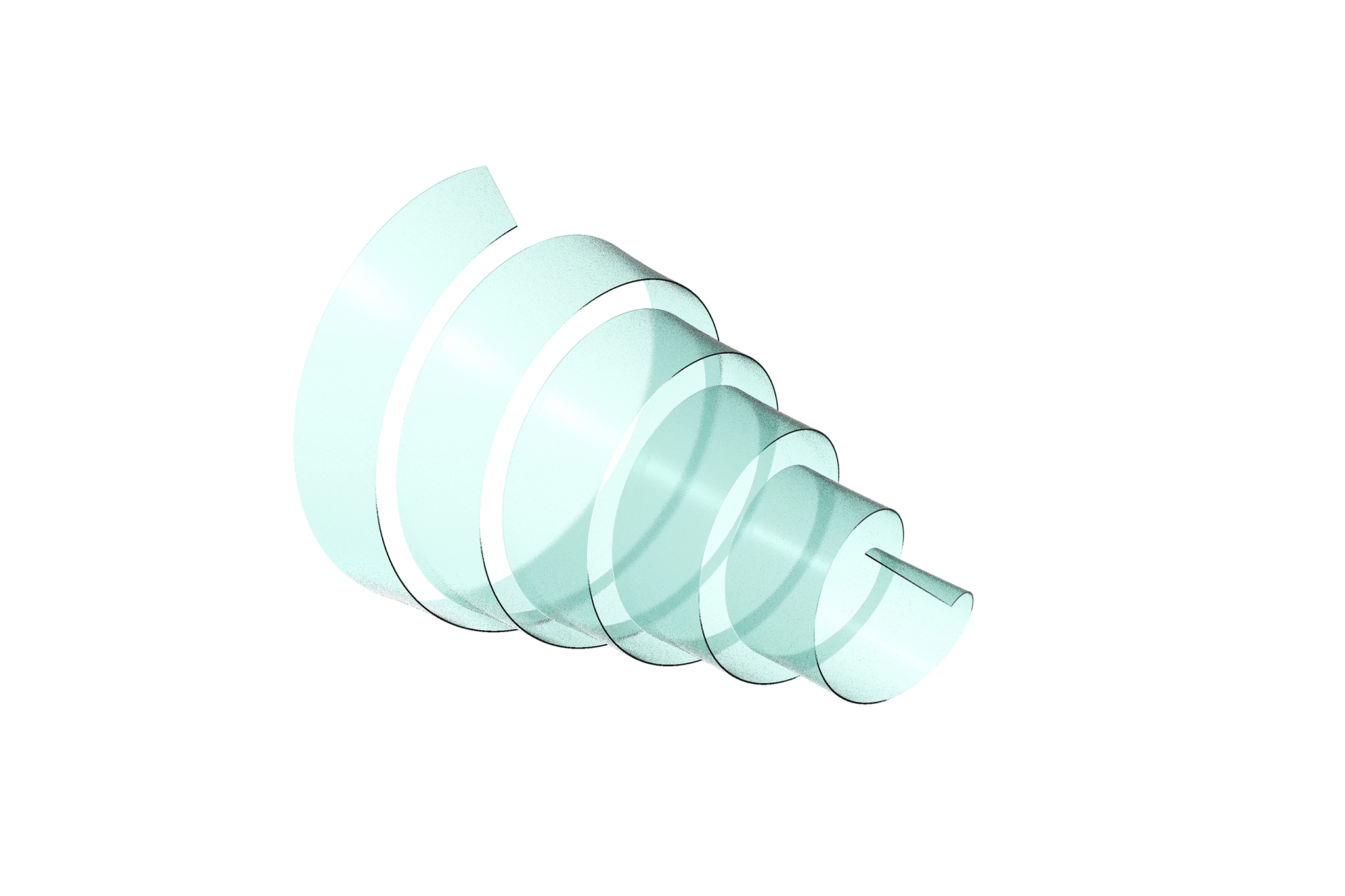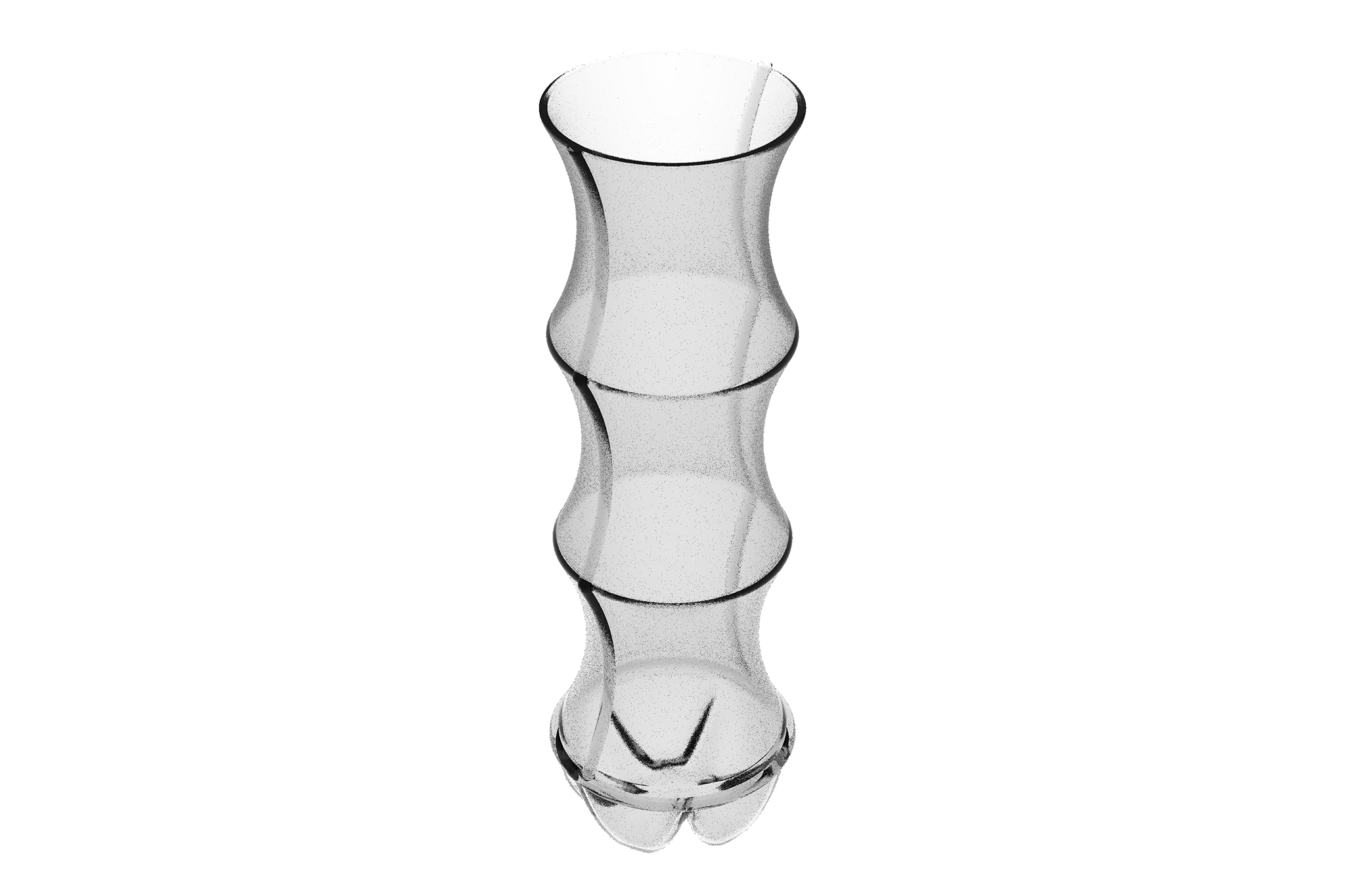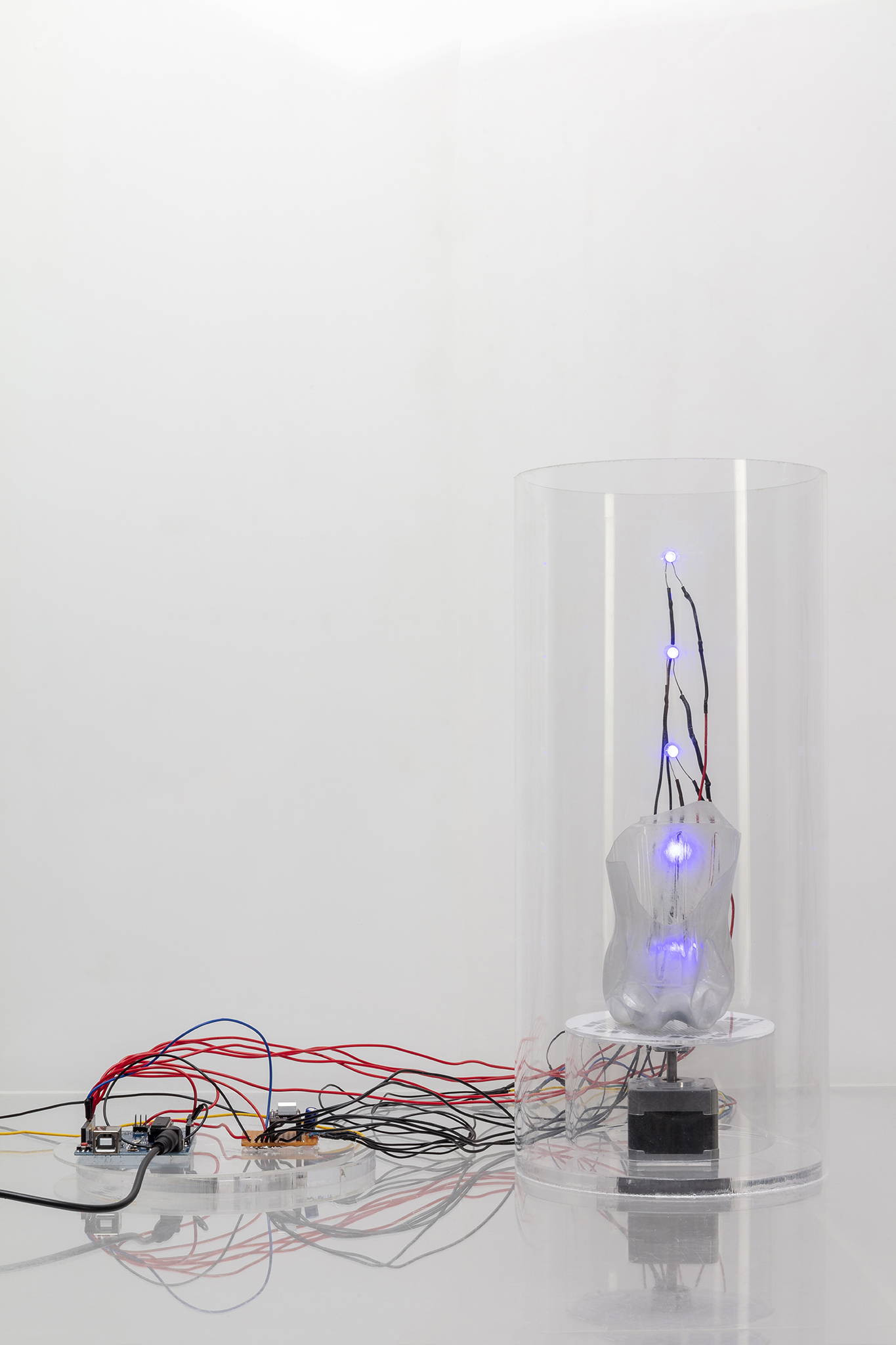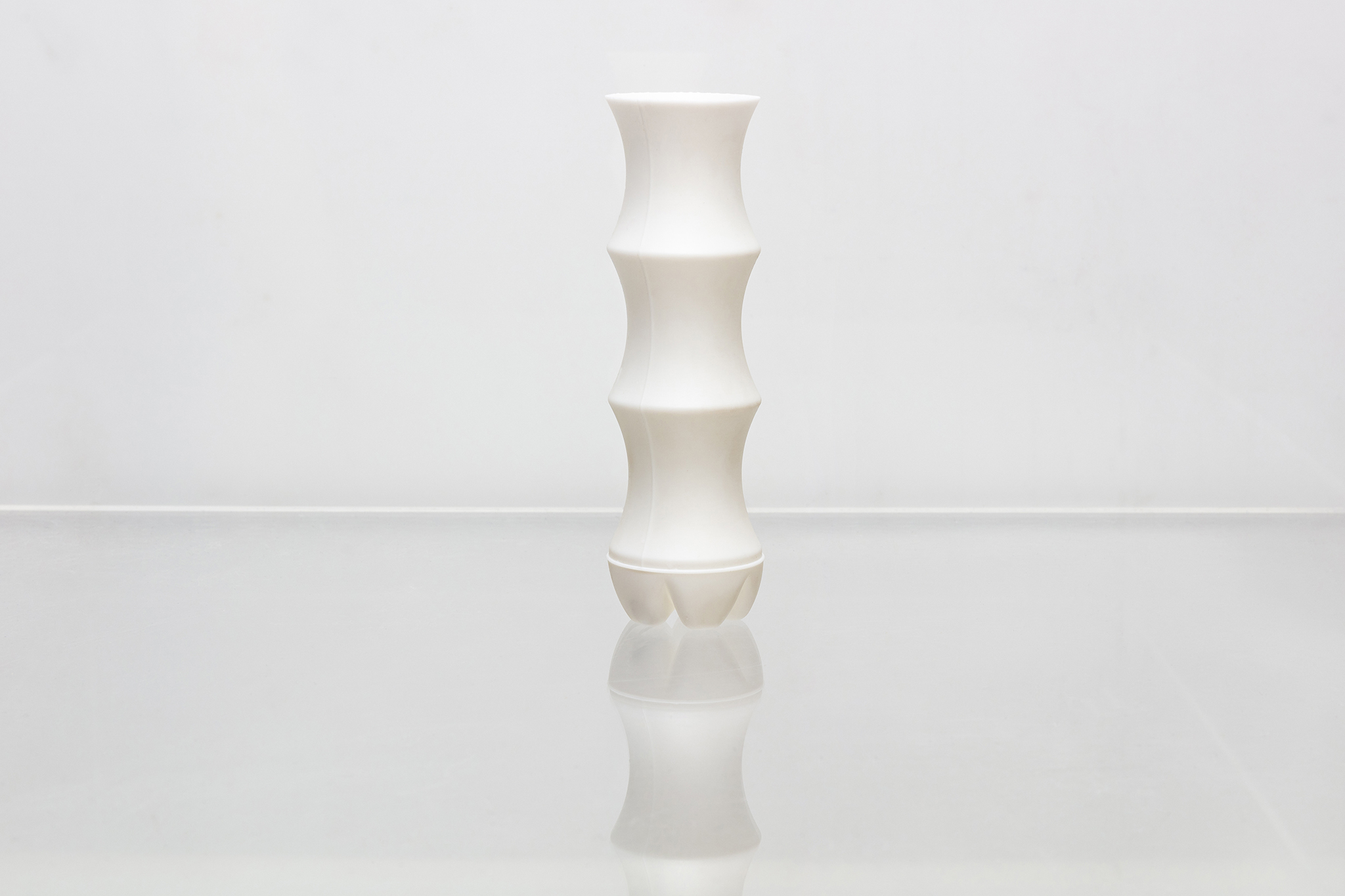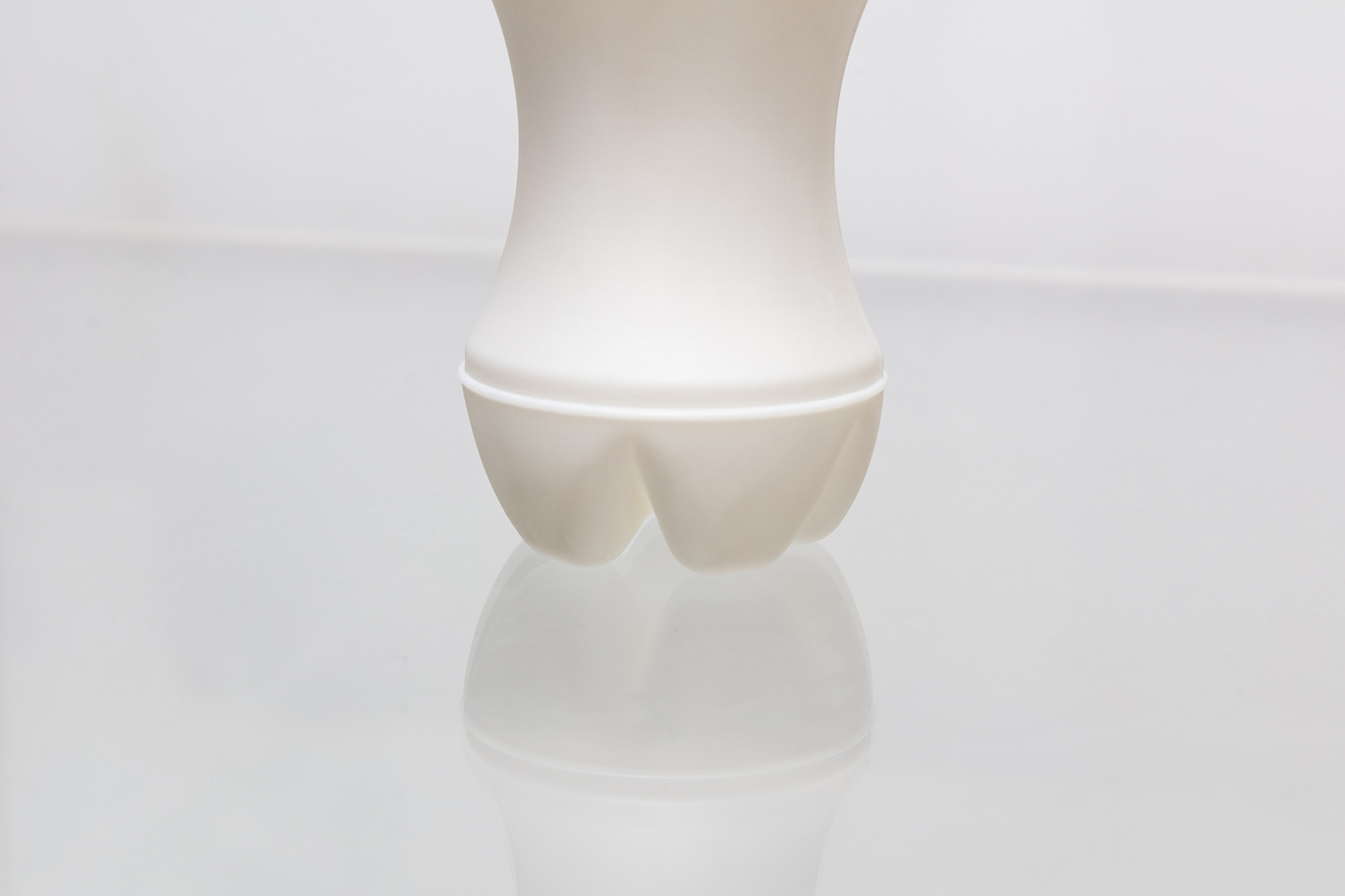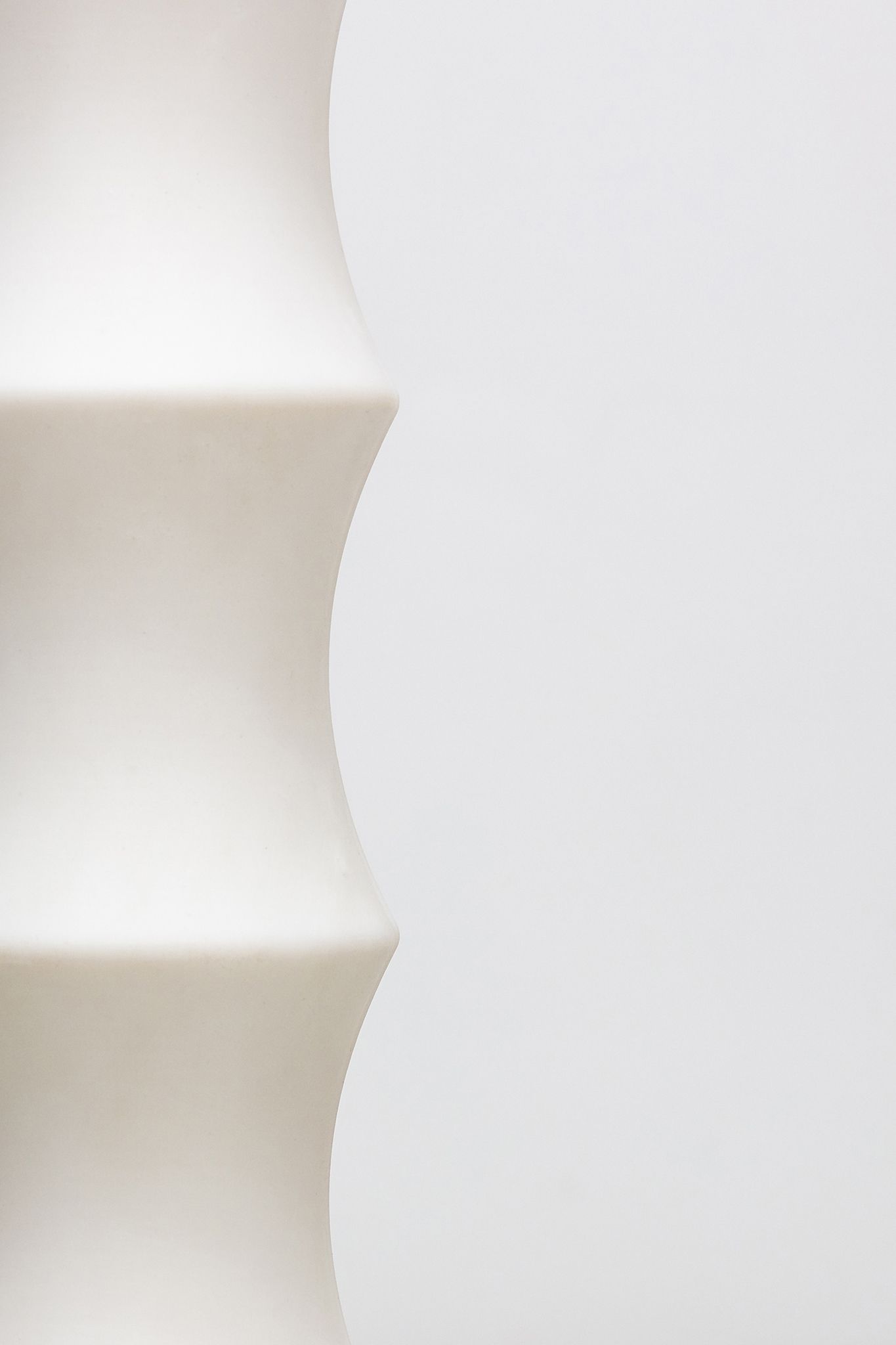Wie entziffert die Zukunft unseren Müll? | How does the future decipher our waste?
Plastikmüll ist das Überbleibsel von Produkten und Objekten aus Kunststoffen, wie zum Beispiel Tüten, Spielzeug, Autoreifen, Haushaltsprodukten, Textilien, etc. Aufgrund seiner zahlreichen Anwendungsgebiete verteilt sich Plastik auf der ganzen Welt.
Plastik benötigt ca. 500 Jahre bis es aufgelöst ist und zerfällt dabei vor allem in immer kleinere Teile. Viel Müll gelangt über verschiedene Wege in die Ozeane: besonders über große Flüsse, Strömungen und Gezeiten sammelt sich dieser Müll an bestimmten Orten z.B. Great Pacific Garbage Patch.
Aufgrund der langen Beständigkeit des Materials könnte unser Müll eine Quelle der Information werden, die sich über lange Zeiträume hält. So könnten in der Zukunft gefundene Teile Informationen über die Herkunft, den zurückgelegten Weg auf der Erde, den Umgang mit Plastikprodukten und den Nutzer erhalten. Insofern könnte Plastikmüll einen Speicher von Informationen über unsere Zivilisation darstellen.
Wie diese Informationen von späteren Zivilisationen gedeutet werden steht hierbei zur Frage. Würde eine zukünftige Gesellschaft denken wir hätten dieses technische und hochwertige Material für Einwegprodukte genutzt?
Plastic waste is the remains of products and objects made of plastic, like bags, toys, tires, household products, textiles, etc. Due to its many uses plastic spreads all over the globe.
Plastic needs around 500 years to completely dissolve and while that it breaks up into ever smaller pieces. A lot of the waste ends up in the oceans: especially through big rivers, gyres, tides the waste gathers at particular places, e.g. the Great Pacific Garbage Patch.
Because of the longevity of the material our waste could become a source of information for the future. In the future found pieces of plastic waste could contain information about the origin, the way how it moved around the globe, how plastic products were produced and consumed and maybe the information about the user. Insofar our waste could become a storage for information about our civilisation.
How these informations will be interpreted by future is in question. Would a future civilisation think we created single use products out of this technical and high-quality material?
Prozess
